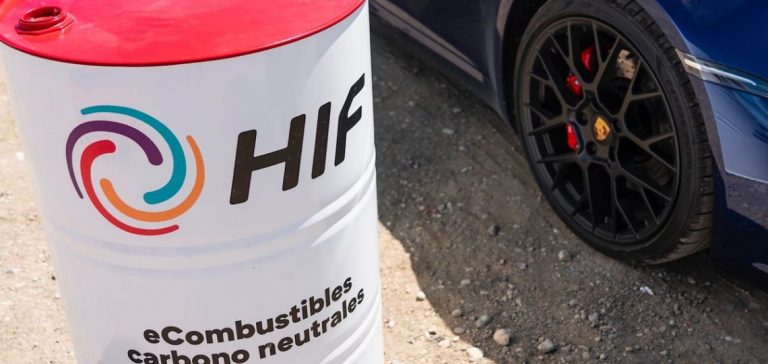The French e-fuels sector is entering a strategic phase as European regulations tighten. With 26 ongoing projects, the industry must swiftly execute its initiatives to align with the decarbonation goals imposed by European regulations by 2030. According to the latest report from the French e-fuels Bureau, national production capacity could reach 906,000 tons of oil equivalent (toe). If this momentum continues, e-fuels could become a key component of the future European energy mix.
Emerging market segments
Aviation and maritime transport are positioned as the primary outlets for these synthetic fuels. The production of synthetic kerosene currently accounts for 66.7% of projects, with 13 separate initiatives. E-methanol, primarily used in maritime transport, represents 33.1% of the portfolio, with four active projects. Meanwhile, e-methane remains a minor segment, with only 0.2% of total production capacity. This focus on specific sectors reflects the industry’s strategic priorities, aiming to address the most carbon-intensive sectors.
A tightening regulatory framework
The decarbonation goals imposed by European regulations require a rapid scaling of industrial capacities. Aviation, which contributes significantly to greenhouse gas emissions, is particularly targeted. Several airlines, including Air France-KLM and Lufthansa, must integrate these fuels into their emission reduction strategies. For the maritime sector, the International Maritime Organization (IMO) has set a goal of reducing CO2 emissions by 40% by 2030. These regulatory requirements necessitate massive investment in synthetic fuel production to achieve carbon neutrality targets.
Major technological and financial challenges
E-fuels production relies on complex processes combining hydrogen and carbon dioxide. This technology is energy-intensive and requires substantial investments to scale up to industrial levels. Currently, the high cost of renewable hydrogen presents a major barrier to profitability. Additionally, the volatility of renewable energy prices complicates long-term planning. To overcome these obstacles, companies need to diversify their funding sources and establish partnerships with energy suppliers.
Growth prospects for the sector
If the sector overcomes current constraints, e-fuels could position themselves as a large-scale decarbonation solution integrated into national energy strategies. However, success will largely depend on the industry’s ability to stabilize supply chains and reduce production costs. The next 18 months will be crucial for structuring a competitive ecosystem that attracts investors.






















